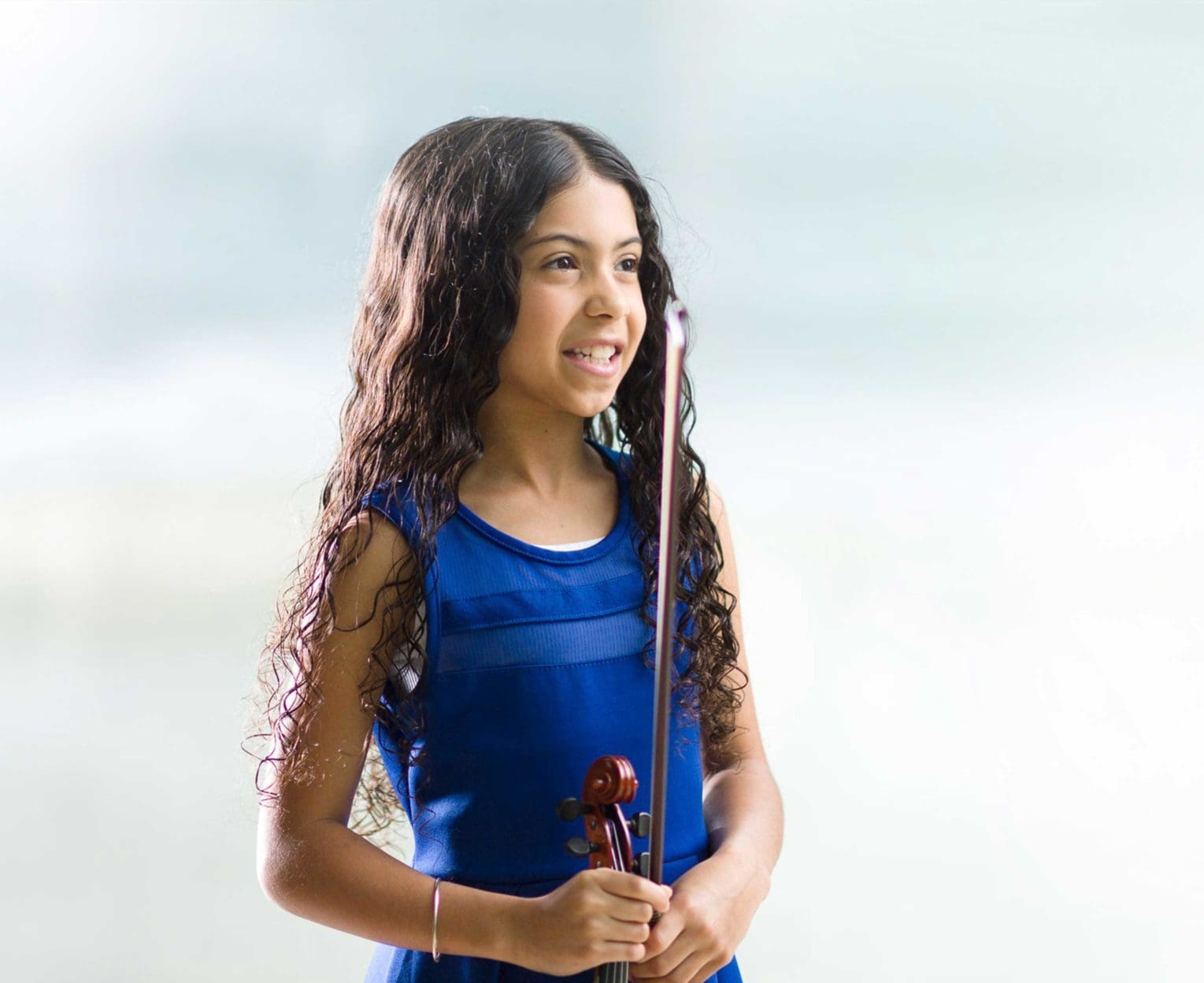As our thoughts turn toward back to school, the subject of extracurricular programs undoubtedly pops up among parents. What are the benefits of extra classes, on top of school, for kids? We chatted with neuroscientist and psychologist Dr. Sean Hutchins to learn more. —Noa Nichol
Hi Dr. Hutchins! Please tell us a bit about yourself to start.
I’m the director of research for the Royal Conservatory of Music (RCM), one of the largest and most respected music education institutions in the world, providing the definitive standard of excellence in curriculum design, assessment, performance training, teacher certification and arts-based social programs. I run the RCM research centre, focusing on experimental studies of music education, development, performance and cognition. I received my Ph.D. from McGill University and I’m trained in experimental psychology and neuroscience, with a specialization in the field of music cognition.
Why are extracurricular activities a good idea?
Extracurricular activities can provide a lot of overall benefits that can follow them into adulthood. For instance, extracurriculars promote social skills, self-esteem and help develop positive habits. Students who participate in extracurricular activities tend to have higher grades, more positive attitudes toward school and higher academic aspirations. One decades-long study has even shown that children who participate in extracurricular arts activities are four times as likely to be recognized for their academic achievement.
Speaking of music lessons specifically, what benefits do these offer to children in the long term?
Over the last 20 years, there have been numerous psychological and neuroscientific studies investigating the link between music and the mind. This research has shown that those who studied music have better cognitive skills than their non-musical counterparts. Music lessons can help to sharpen cognitive skills, develop social connections and achieve academic success. Studies have shown that music lessons can even lead to an increase in IQ itself. There is a rich body of evidence to support the notion that music training can lead to enhanced cognitive benefits. The scientific research shows that cognitive abilities gained through music training can transfer to other domains and practices, making music a valuable addition to any path in life.
Are some music lessons greater than others, in terms of offering such benefits?
The quality of the music lessons and therefore the benefits that students can receive will depend on the strength of the program. The RCM offers an internationally renowned program of music study and assessment through The RCM Certificate Program. Today, The RCM Certificate Program is considered one of the finest music education systems in Canada and around the world. The program provides students with well-rounded musical training, from elementary through to advanced levels. With the completion of each level, students further hone their skills and develop their ability to play music independently while nurturing a lifelong appreciation for music making. The RCM is built on research and the neuroscience behind music education. Since The RCM inception over 135 years ago, we’ve learned that the value of music education founded in an environment of kindness, passion and motivation, leads to the development of skill sets in kids that follow students into adulthood.
What would you say to parents who feel their kids are already busy/stressed enough with school, without tacking on more activities? Any advice around balance?
My first piece of advice for parents is to check in with your child and see how they feel about starting an extracurricular. Most kids find their limits and know when they’re overextended, it’s important to check in with them and see how they feel about their school-life balance. From there, you can determine whether or not enrolling them in another activity will be beneficial to them.
Did you take extra-curricular lessons as a child and, if so, how did they impact your life?
Yes, I took 10 years of piano lessons and two more of voice lessons. And even though I wasn’t always completely enthusiastic about it as a child, I ended up so passionate about it that I chose the neuroscience of music as a career path. Not only that, but I met my wife through extra-curricular music activities, so those early lessons have had a pretty big impact on me! If you’re interested in exploring music lessons for your child, the RCM has a directory on its website to help locate a teacher near you.

April 4th, 2023 at 6:17 am
Great article. Great resource for every educator and parent.